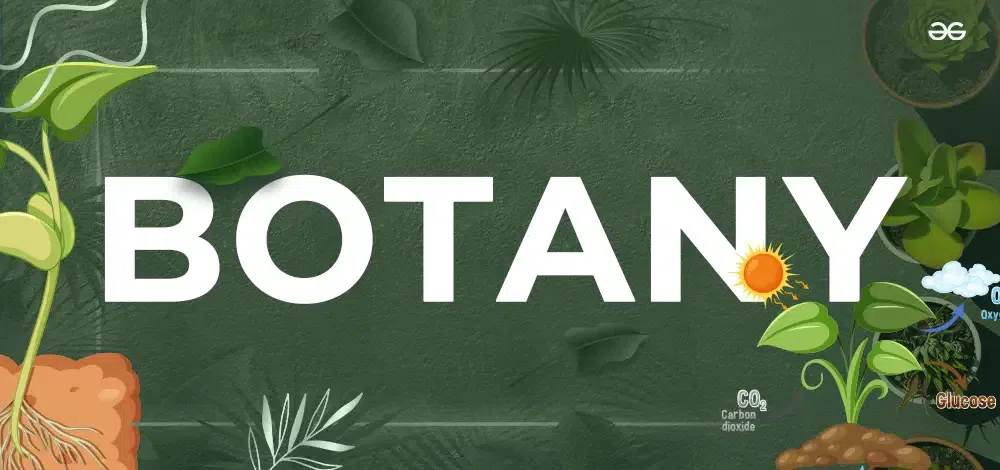In a era dominated by engineering and urbanization, it's easy to overlook the incredible role flowers perform in sustaining living on Earth. However, botany are a great deal more than simply a background to your everyday lives—they are crucial to the well-being of equally the environmental surroundings and humanity. From purifying the air we breathe to promoting emotional wellness, plants are the unsung guardians of our planet's health.

The Critical Position of Crops in the Ecosystem
Plants function while the backbone of Earth's ecosystems, offering numerous benefits that maintain life. They make air through photosynthesis, an activity wherever crops change sunshine in to power and discharge air as a byproduct. That natural occurrence is needed for individual success, as well as the success of countless other species.
Beyond air production, crops also become normal carbon sinks. In the face area of weather modify, plants digest big amounts of co2 from the atmosphere, helping to mitigate the effects of global warming. Trees, for instance, have been proven to keep more carbon inside their biomass, creating them important participants in the combat weather change.
Furthermore, crops are important in sustaining land health and preventing erosion. Their roots secure the land, lower runoff, and improve water retention. That generates a balanced environment that supports biodiversity and helps regulate local climates.
Plants as Heart Nourishers
Equally, the old Greeks and Romans linked different heavenly characteristics to flowers, from the laurel wreath that symbolized success to the olive tree addressing peace and prosperity. In lots of indigenous cultures, crops like sage and forest were found in cleaning rituals, believed to clean areas and spirits.
On a mental level, crops also provide a profound affect individual health. Research indicates that only being about greenery can reduce stress, improve imagination, and increase overall mood. Whether it's a houseplant in your windowsill or a walk via a rich park, the current presence of plants has a relaxing effect on the mind.
Plants also contribute to higher air quality. Many indoor plants may filtration toxins, such as benzene, formaldehyde, and ammonia, purifying the air and making a wholesome residing environment. The beneficial features of plants, equally indoors and outside, are not just clinically reinforced but may also be celebrated by countries worldwide.

Conclusion
The calm, yet powerful, influence of flowers on both the planet's ecosystems and individual well-being can not be overstated. As we continue to manage environmental and intellectual health problems, it's critical that we identify plants as correct "green guardians"—accurate covers of the World and healers of the individual spirit. Let us continue steadily to nurture, defend, and observe the incredible power of crops, ensuring a successful planet for future generations.
